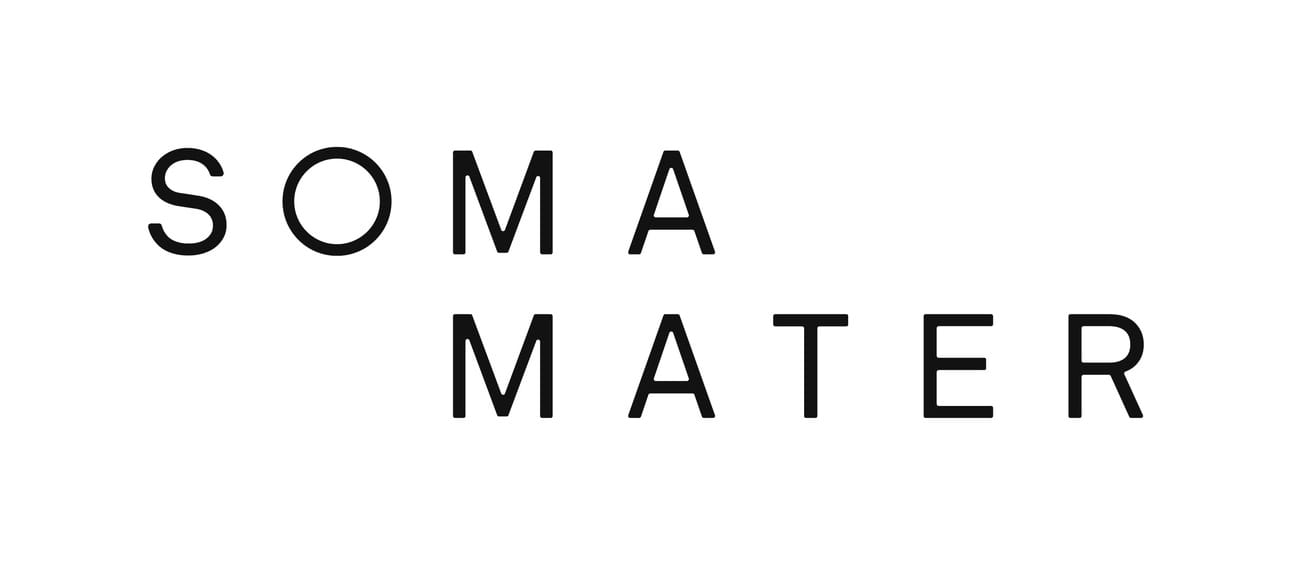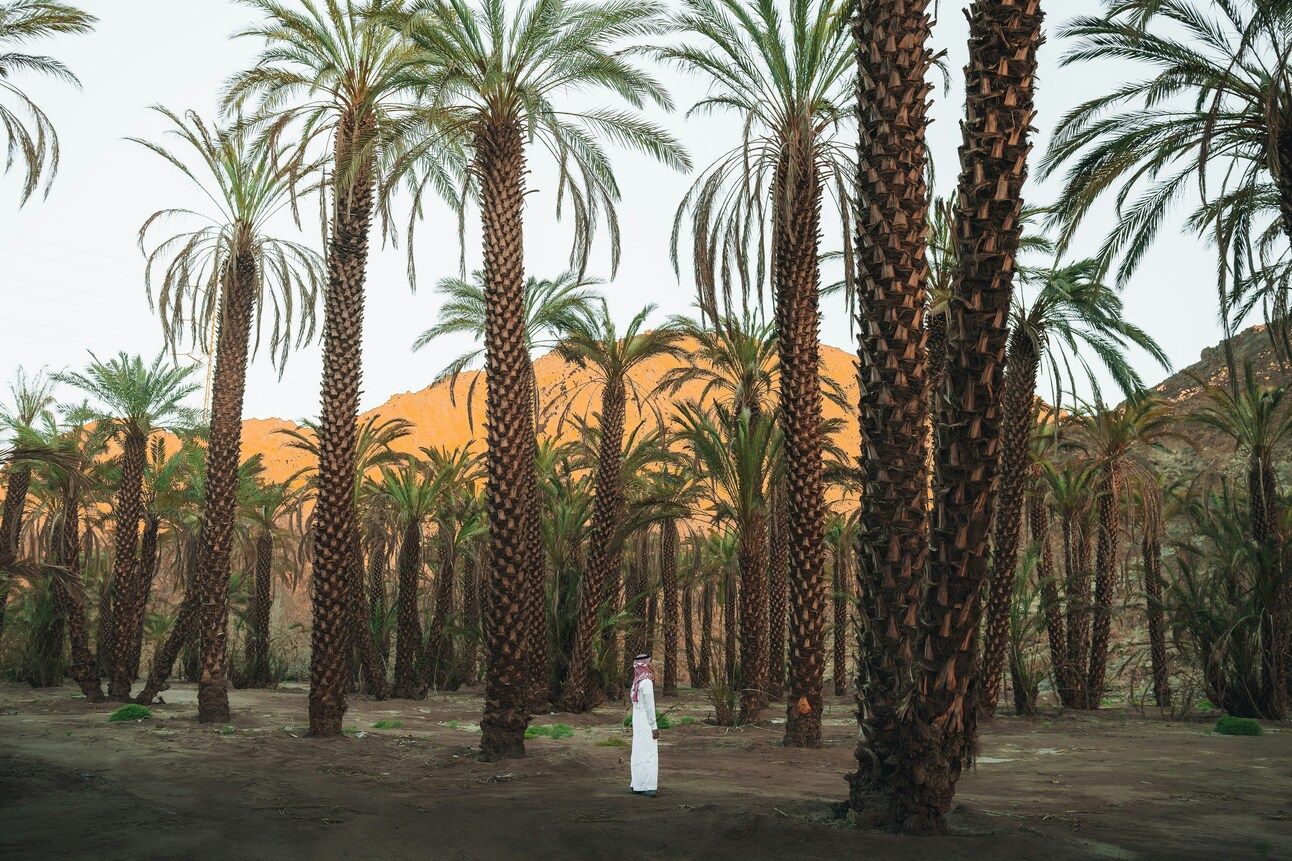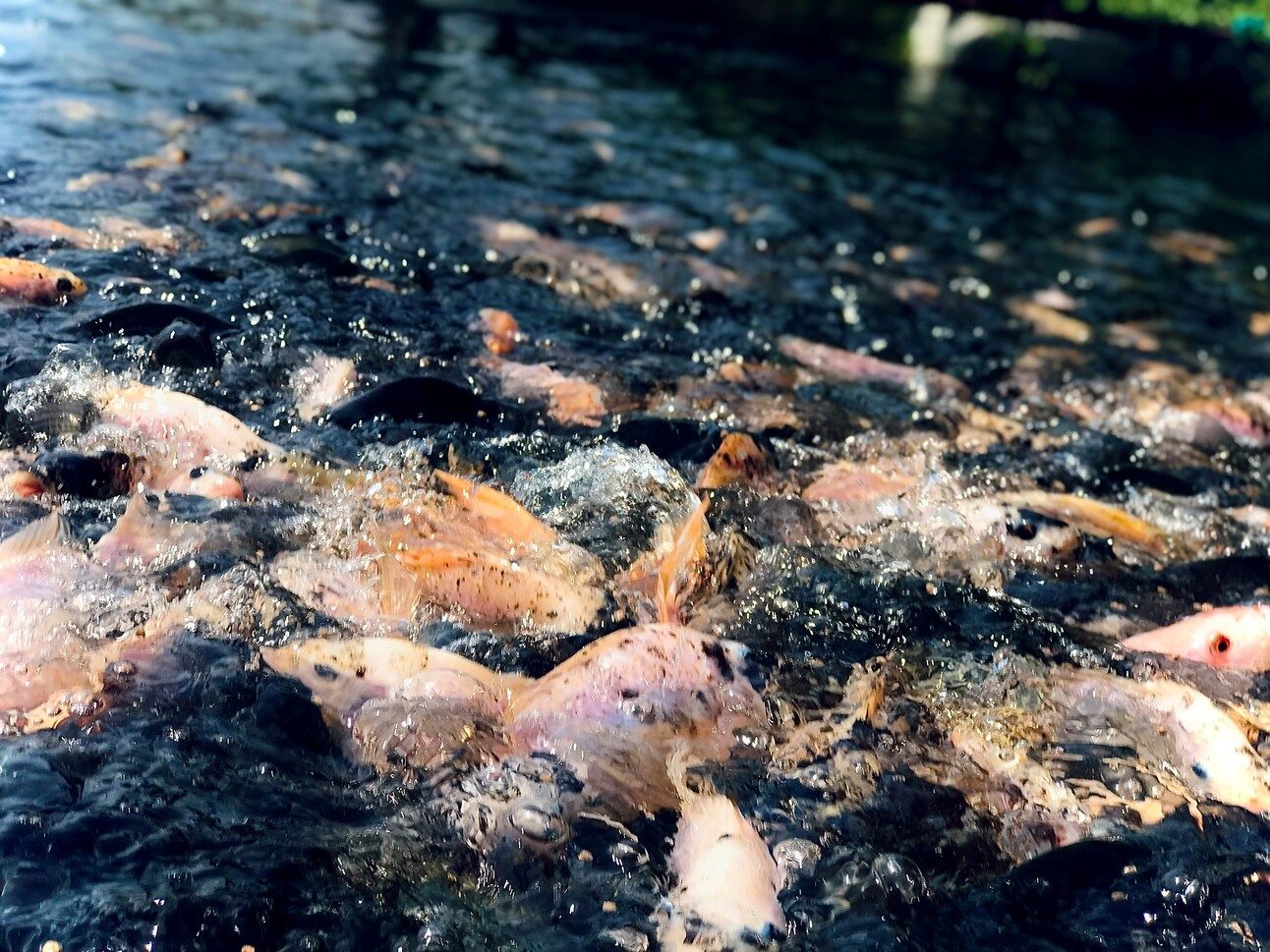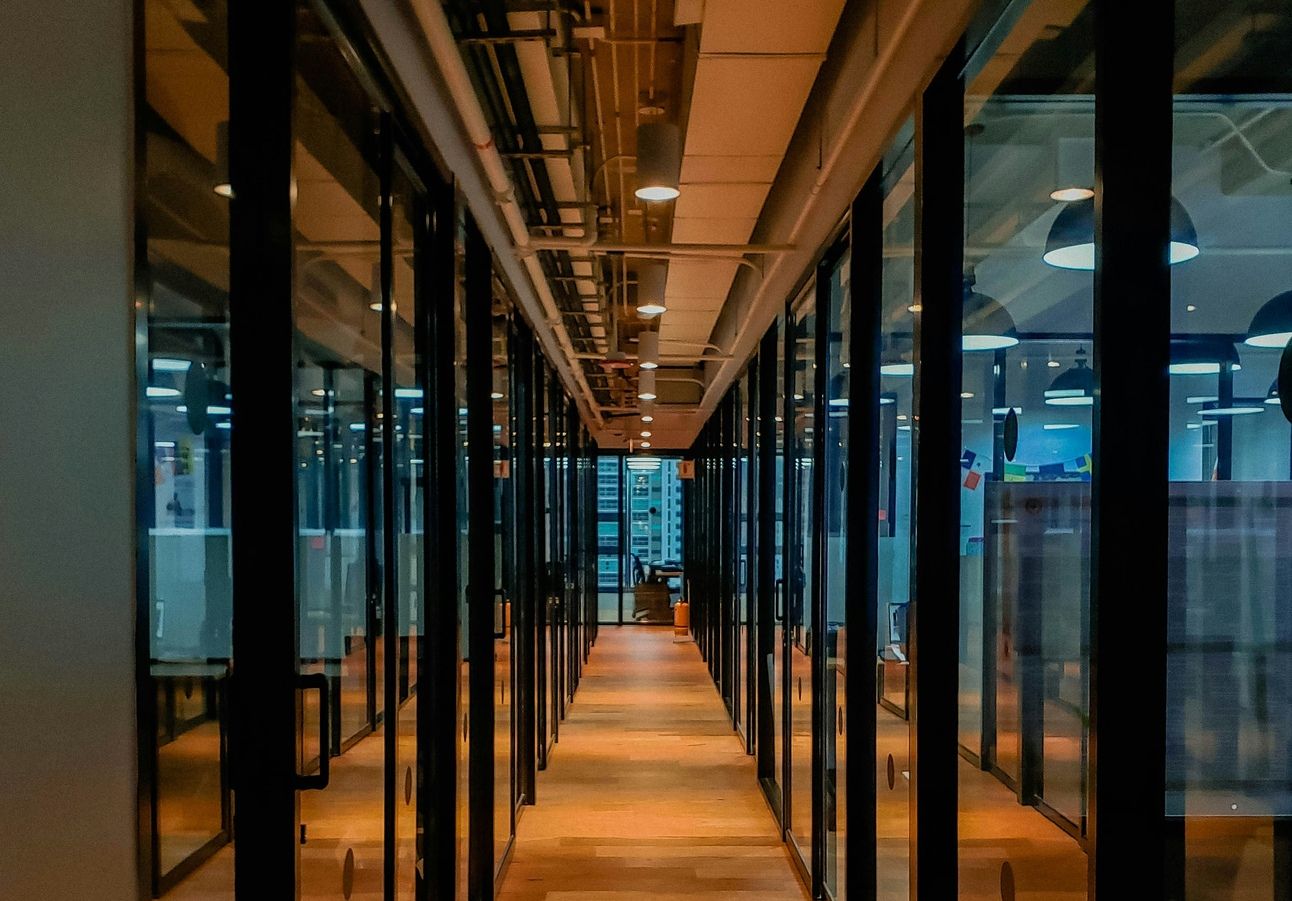- Soma Mater's Newsletter
- Posts
- SOMA Newsletter
SOMA Newsletter
SOMA Newsletter

Welcome to the SOMA MATER weekly newsletter.
At SOMA MATER, we specialize in delivering comprehensive research and advisory services with a focus on Food & Water Security and Net Zero Transition in the MENA Region. In order to support our subscribing clients in navigating these topics and understanding the regional narrative, we produce monthly Food and Water Security and Net Zero Transition Intelligence Reports, along with our in-depth analysis and insights.
This weekly newsletter highlights the top 3 stories from the past week in Food and Water Security and Net Zero transition, along with SOMA MATER's analysis and perspective.
What role does Almarai play in achieving food security goals in the Kingdom of Saudi Arabia, and what investments are they making to expand their operations?
How does ADQ and Finnforel's planned fish farming facility in Kezad reflect the global expansion of aquaculture?
How are major corporations scaling back their environmental commitments as deadlines approach?
Sustainably yours,
The SOMA team
Diversifying from Dairy: Almarai's $4.8B Leap Into Saudi Food Security
#FoodandWaterSecurity

Almarai, Saudi Arabia's largest dairy producer with a $15 billion market capitalization, has announced expansion plans beyond its dairy operations. The company will launch new seafood and red meat facilities to assist the achievement of Saudi Arabia's Vision 2030 initiative to achieve food self-reliance, with these facilities expected to be operational within 2 years. This expansion is driven by increasing market demand.
Under its new five-year strategic plan, Almarai is committing over $4.8 billion to boost growth in these segments. A significant portion of this investment - $1.8 billion - will be dedicated to expanding poultry production by 50-70% by 2026, aiming to increase processing capacity from 250 million to 450 million birds annually. This will include establishing new farms and upgrading existing facilities.
Saudi Arabia's agriculture sector is facing a $9.8 billion funding gap, leading to increased government efforts to attract investors. Although farming grew to contribute SAR109 billion to the economy in 2023 (up from under SAR100 billion in the previous year), there are still various opportunities in production, fisheries, processing, and infrastructure. Private equity funds are interested in established businesses with positive cash flow and strong growth potential.
The aquaculture sector also faces challenges in adopting innovations. Despite significant investments, the use of integrated farm management technologies remains constrained by high capital expenditure requirements and the need for specialized infrastructure, though these investments are essential due to market demand.
SOMA’s Perspective:
This announcement represents a shift in Saudi Arabia's private sector approach to food security. This move exemplifies how established companies are diversifying into new food segments to address the kingdom's substantial funding gap in agriculture. The $9.8 billion funding deficit has created opportunities for well-capitalized companies to expand into underserved sectors, like protein production. The company's investment plan demonstrates the scale of capital required to achieve meaningful progress in food security. This investment pattern suggests that achieving food security goals may increasingly depend on large, established players who can leverage their operational expertise and financial resources to enter new market segments.
Sources:
https://www.agbi.com/agriculture/2024/12/almarai-to-foray-into-food-segments-beyond-dairy/ https://www.bnnbloomberg.ca/investing/commodities/2024/12/03/saudi-dairy-firm-plans-growth-as-nation-seeks-food-self-reliance/
chrome-extension://efaidnbmnnnibpcajpcglclefindmkaj/https://www.mewa.gov.sa/en/Ministry/Agencies/AgencyLivestock/Topics/PublishingImages/Pages/InnovationintheAgriclturesector/EN-MEWA-Agriculture_High-resolution for reading.pdf
From Finland to Kezad: Fishing for More Sustainable Aquaculture
#FoodandWaterSecurity

The Abu Dhabi Developmental Holding Company PJSC (ADQ) signed a deal with Finnforel, a Finnish aquaculture technology firm, to establish a fish farming facility in Kezad. The proposed facility would have a capacity of 3,000 tonnes of fish annually, using recirculating aquaculture systems (RAS) technology, which employs biofiltration and water reuse to ensure sustainable production without biowaste. The feasibility phase is set to end in early 2025, followed by construction in the second quarter. This will be the UAE's first commercial-scale RAS operation.
The project would leverage Finnforel's expertise in indoor aquaculture, demonstrated through their Finland facilities. Their approach includes vertical integration from hatchery to packaging, environmentally certified feed, and water efficiency - using 99% less water than traditional breeding plants. The company's commitment to sustainability extends to utilizing all parts of the fish, from cut pieces to by-products for animal feed.
This initiative comes at a crucial time in global aquaculture development. In 2022 (for the first time), aquaculture surpassed capture fisheries as the main producer of aquatic animals globally, producing 94.4 million tonnes. The UAE currently imports 70% of its seafood, with the total volume of annual salmon imports alone reaching 10,000 tons. It also addresses the growing global demand for sustainable protein sources, as aquaculture production needs to increase by 60% above its 2018 production to meet projected population needs in 2050.
SOMA’s Perspective:
By bringing in international expertise in RAS technology, the UAE is not just establishing a production facility, but also acquiring capabilities in the aquaculture sector (a sector that is predicted to continue growing in the region). The collaboration between UAE companies and international players demonstrates a promising strategy to help bridge the supply gap and reduce import dependency.
Sources:
Green Promises Going Brown: The Backpedaling of Corporate Giants
#NetZeroTransition

Major corporations have been diluting their sustainability commitments. Coca-Cola has eliminated its goals for reusable packaging and virgin plastic reduction, extending its timeline to 2035. The company’s new targets include a reduced ambition of 35-40% recycled material in primary packaging (a reduction from the previous target of 50% by 2030) and lowering bottle collection targets from collecting 1 can/bottle for every 1 sold to collecting 70-75% of bottles and cans introduced into the market annually. The company intends to continue investing in refillable packaging where infrastructure exists. Its previous target was to have 25% of its worldwide beverage volume in refillable or returnable containers by 2030. No replacement target has been set (Figure 1).
The trend extends beyond the beverage industry. BP (British Petrolleum) plans to abandon its fossil fuel production curbs in favor of new Middle Eastern investments, while Shell announced the possibility of scaling back its target of reducing the carbon intensity of the energy it sells from 20% to a lower range of 15-20%. Volkswagen has pushed back its timeline for cutting CO2₂ emissions from passenger cars and light commercial vehicles, and Unilever could water down its ESG pledges due to investor pressure.
According to an Ellen MacArthur Foundation's 2023 report, while 65% of brands have reduced their virgin plastic output since 2018, progress is still hindered due to large organizations. The Ellen MacArthur Foundation requires its signatories to commit to comprehensive 2025 goals, including 100% reusable, recyclable, or compostable packaging and increased use of recycled content.
SOMA’s Perspective:
The recent trend of corporations diluting sustainability commitments is concerning for the global Net Zero transition. While smaller companies continue to make progress towards sustainability goals, their efforts can be overshadowed by the environmental impact of industry giants. We believe that achieving Net Zero targets require the full commitment and leadership of these major corporations. Their scale means that any reduction in environmental commitments has outsized effects on global sustainability efforts.
Sources:
https://resource-recycling.com/plastics/2024/12/04/coca-cola-evolves-sustainability-goals-timelines/
https://www.packagingdive.com/news/coca-cola-new-packaging-sustainability-goals-2035/734379/#:~:text=The Coca-Cola Co.,recycled content and reusable packaging.
SOMA MATER is writing Intelligence Reports on the topics of Food and Water Security and Net Zero Transition. If you’d like to know more, contact us through the link below: